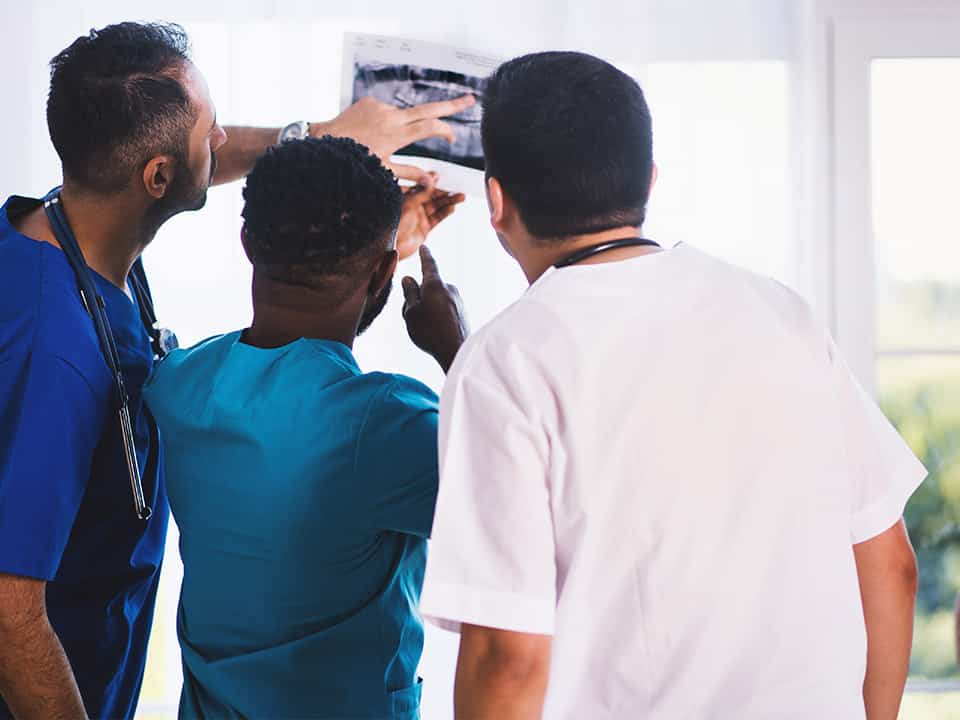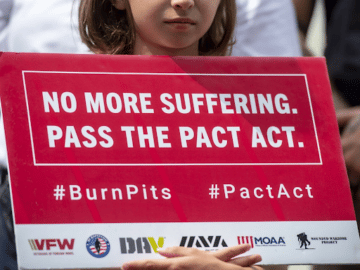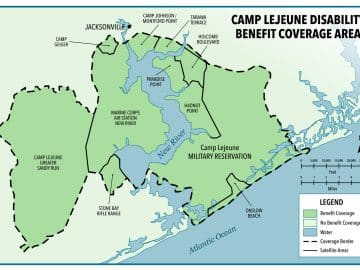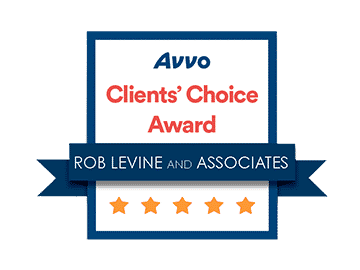Comp & Pen Exams: What You Need to Know
ROB LEVINE, VETERANS DISABILITY LAWYER
AN OVERVIEW OF COMP & PEN EXAMS
Throughout the course of your initial claim or appeal, the VA may order you to go to a Compensation & Pension (Comp & Pen) exam. The VA orders these exams to obtain an opinion about the cause and severity of your condition. These exams can be conducted either at the VA or by a contract examiner (a private company like LHI, VES, or QTC), and last anywhere between 10 minutes to multiple hours.
WHAT YOU NEED TO KNOW
Getting a favorable opinion from a Comp & Pen exam is the key to your case! A favorable opinion (often called a positive “nexus”) can provide you with the medical evidence you need to service-connect most claims.
Unsurprisingly, the VA usually falls short in providing an adequate exam. A lot of examiners fail to review your file, spend enough time with you to properly evaluate your symptoms, or make unfair assumptions about your medical history.
Here are some things you need to know to maximize your chances of getting a positive nexus from any examiner listed below.
GET HELP NOW! THE HEAVY HITTER® IS HERE FOR YOU
CONTACT US NOW FOR ASSISTANCE 24/7. NO FEES UNTIL YOU WIN
GENERALLY,
- The examiner will be observing you very closely, including your body language and tone of voice.
- Do not assume that the examiner has fully reviewed your claims file. It is your job to educate them on the cause and severity of your disabilities.
- Remember that “a closed mouth never gets fed,” or “the squeaky wheel gets the grease.” Be honest and detailed about what happened to you in service as well as your symptoms.
FOR MENTAL HEALTH EXAMS
- When the examiner asks you “how are you doing,” that is a question about your current mental state! Do not say “fine” or “good” if that’s not the case.
- Be detailed about the in-service stressor that caused your mental health condition. Give dates, locations, people involved (if you remember the names), and the circumstances of the stressor.
- If applicable, be sure to emphasize that you were in good health prior to service and that you’ve consistently had mental health symptoms since your in-service stressor.
FOR PHYSICAL HEALTH EXAMS
- Most physical exams involve the measurement of your joints’ range of motion. Make sure:
- You STOP immediately when the movement becomes painful. The point that you begin to feel pain is where the examiner should document the end of your range of motion.
- Be detailed about the specific in-service injury that caused your physical condition, or how your MOS caused your disability over time. Give dates, locations, and the circumstances of the injury.
- If applicable, be sure to emphasize that you were in good health prior to service and that you’ve consistently had physical symptoms since your in-service injury.
After the exam, the examiner will draft a report that will be uploaded to your claims file. Be sure to get a copy of that report! Call the VA Benefits Hotline (800-827-1000) to request a mailed copy.
ROB LEVINE & ASSOCIATES RESOURCES
An experienced personal injury attorney is a critical aspect of pursuing a claim against the person or party that caused your injury. Not only is an attorney familiar with the law, they can also help you navigate legal and practical challenges that frequently arise in any personal injury case.
A lawyer is also a great resource for addressing questions about what types of compensation you may be eligible to receive and explaining how to approach your personal injury claim altogether.
Personal injury cases have a statute of limitations, and most of them are between two and four years, depending upon the state in which you reside. As such, it’s of the utmost importance that you consult an attorney today to file your claim immediately.
Our dedicated team of lawyers and their supporting staff handle all the work for you – so you can relax and focus on healing.
















